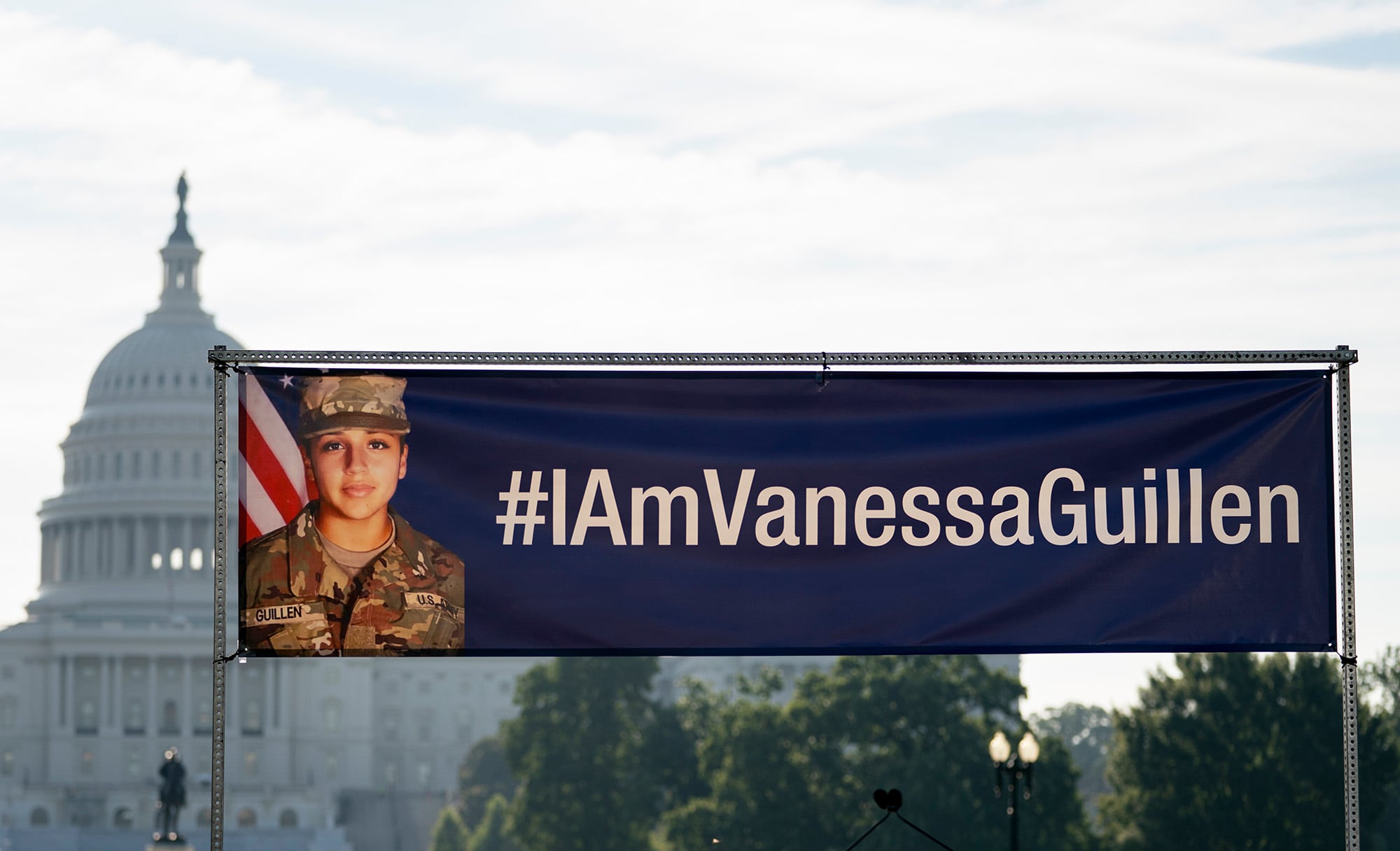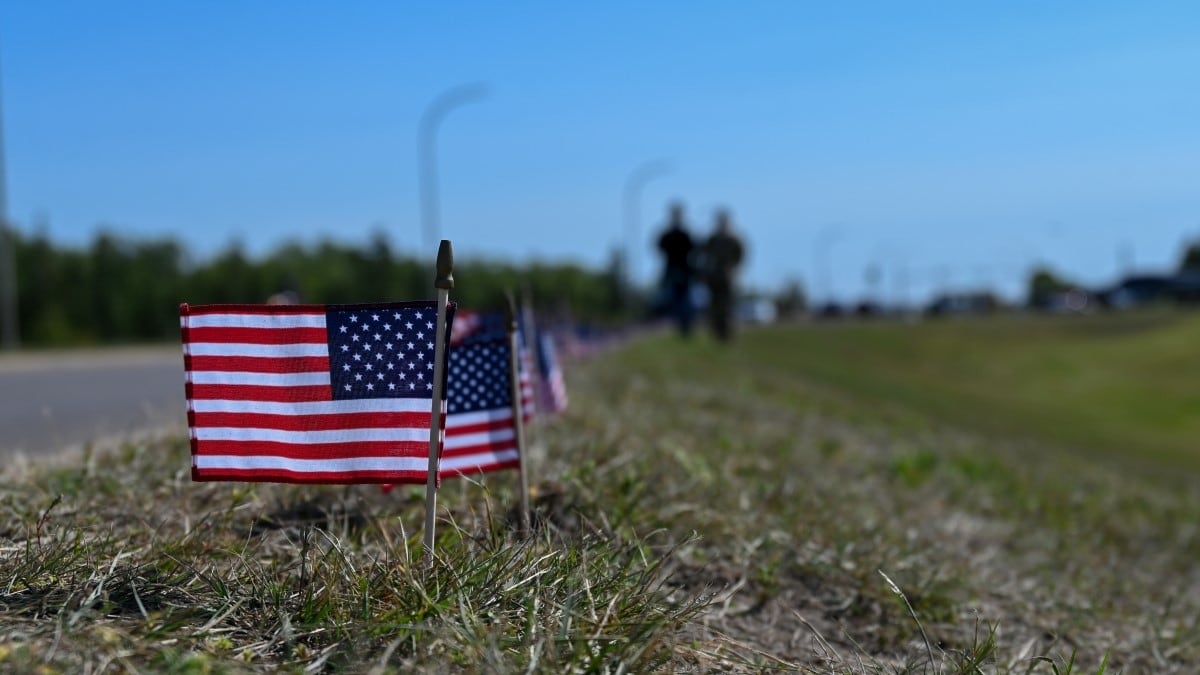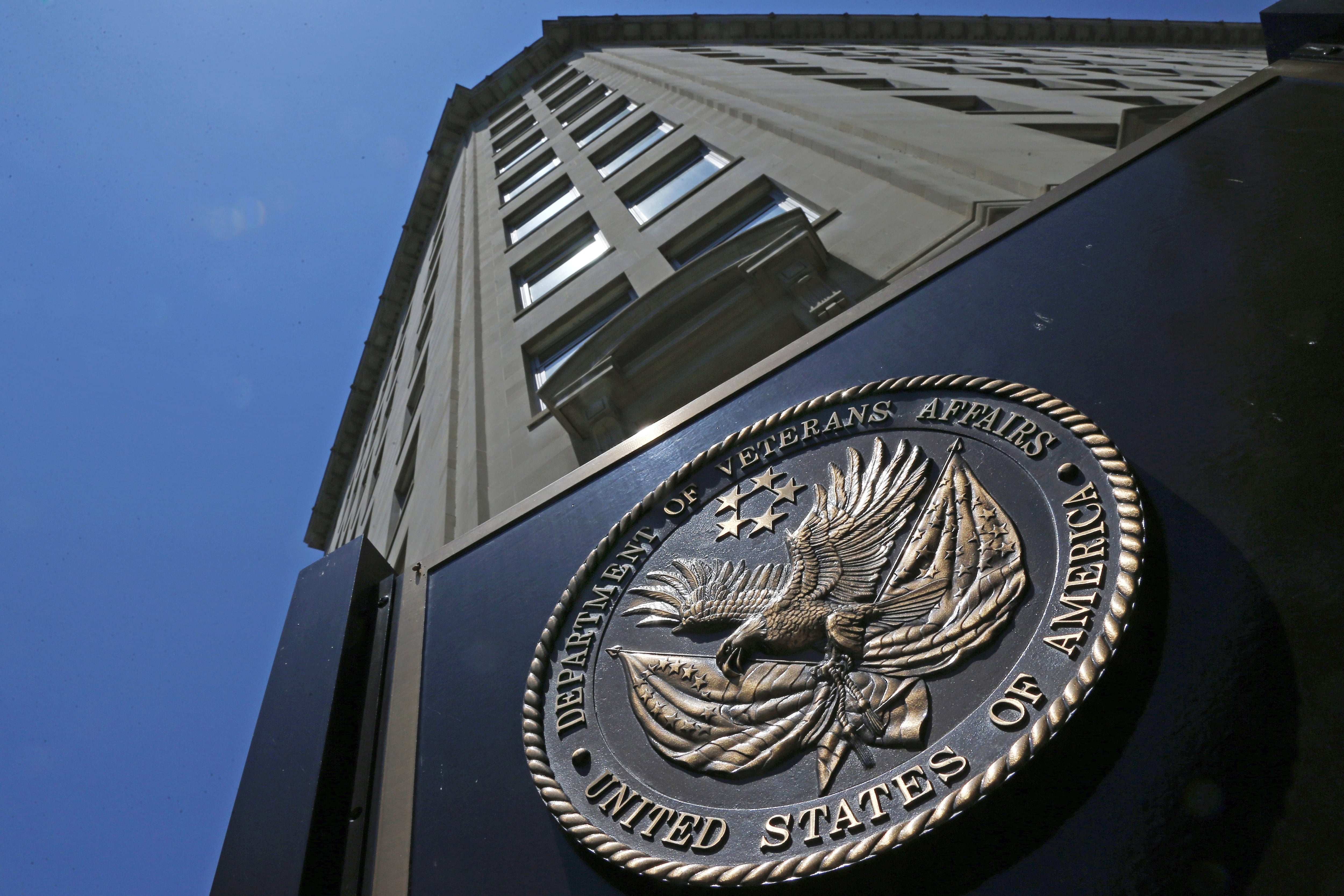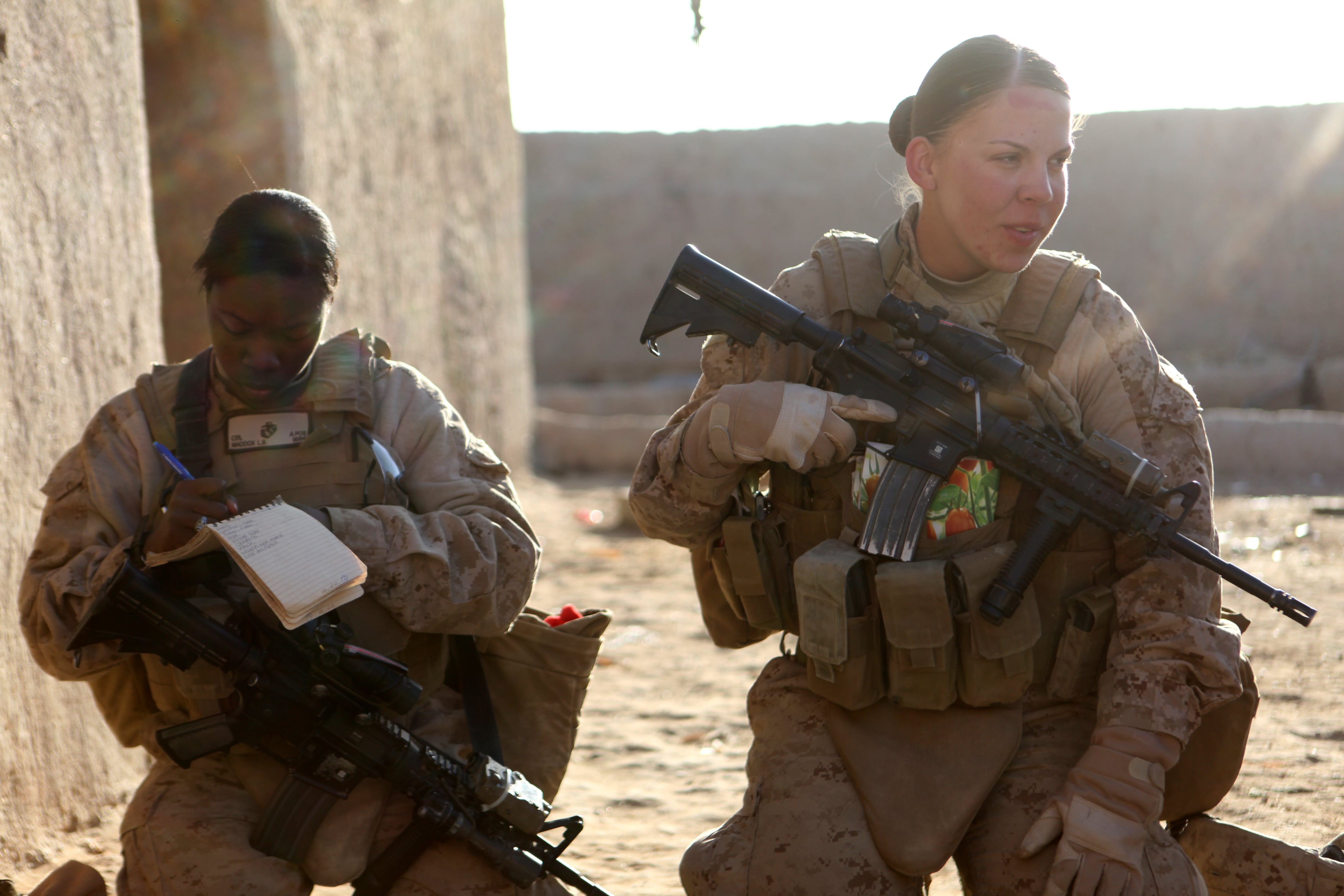I am a combat veteran. Those who know me certainly understand that I am no slouch. So, why did I not report the many times I was sexually harassed during my time in the military?
From the minute I joined, it was clear they really didn’t want me there. They didn’t want me because I was different from them. I was a woman and a Latina. I was an “other.” Many men were uncomfortable around me and some were openly and aggressively hostile.
I must say that there was a big difference between the first and second halves of my military career. The first was filled with outright sexual harassment, bullying, resentment, sexist remarks about my body, unwelcome advances and all that comes with that, in addition to ethnic jokes. The second half still had sexual harassment, but it was more covert and much less than what I had experienced previously.
RELATED

There were many signs that I didn’t fit in; literally the utility uniforms I was issued were made for men. The cold weather long johns had a fly opening as if I was a man and could use that slot. Even the combat gear I used in Iraq was made for men — and that was in 2004! I put up my own sign that said “Women” on a men’s restroom so I did not have to trek to another building. I was reminded every day, every minute that I didn’t belong.
At many of my units, I was the first woman ever assigned or one of few. And forget about being a Latina, most had never seen one of us. I felt the weight of my gender and my ethnicity and vowed to not only stay in, but to prove women had a right to serve, lead and excel. Try being one of 10 women in a unit of 800. I lived and worked in a hostile work environment.
I didn’t report my harassment early on as there were no formal mechanisms in place (yes, I am that old). I wouldn’t trust them anyway. Reporting would bring more harassment and ostracism. So, I developed a steel exterior and coping mechanisms; some were healthy, others not so much. I chose to work hard and to prove my competency. I told the officers and those with whom I served not to see me as a woman, but as an officer and a leader. I started wearing uniform blouses two sizes bigger than I needed so as not to accentuate the fact that I was a woman. I downplayed my femininity — as if I could ever do that.
Despite everything I went through, I love the military, love my country, and was honored to have served. Not everyone I met in the military harassed me. I served with outstanding individuals, both men and women who were professionals, treated all with respect and had my back. I am grateful to them more than I can say. I received outstanding training and educational opportunities. I commanded many organizations, honed my leadership skills, earned a Bronze Star while serving in combat, and was awarded two Legion of Merit medals. I am grateful, but also angry at what continues to occur.
It wasn’t until quite recently, after serving on a panel hosted by the League of United Latin American Citizens (LULAC) entitled “#IamVanessaGuillen: Honoring and Protecting Those Who Serve our Country,” that I began to have repressed memories about military sexual trauma (MST) that occurred in my initial training. The Department of Veterans Affairs defines MST as sexual assault or sexual harassment that occurred during military service. I was sexually assaulted and harassed during training by powerful men who had total control over whether I would get my commission.
This is a complex, sensitive subject to navigate and extremely difficult for many organizations, especially the military and veterans to talk about. Between 2016 to 2018, there was a 38 percent increase in sexual assaults in the military. We have failed the precious few who serve in not transforming laws and policies. In September, a bipartisan group of House members introduced the I Am Vanessa Guillen Act to transform the military’s response to sexual violence, assault, and harassment. I fully support this act and the change it can bring.
It is a profound shame that it has taken this long and so many have suffered or died because of failures in the chain of command. No más. The Department of Defense cannot shirk its duty anymore. You owe us. Change. Now.
Retired Air Force Col. Lisa Carrington Firmin is the University of Texas at San Antonio’s military liaison.
Editor’s note: This is an Op-Ed and as such, the opinions expressed are those of the author. If you would like to respond, or have an editorial of your own you would like to submit, please contact Military Times managing editor Howard Altman, haltman@militarytimes.com.



